A confession (about a confession) about NAIDOC week
Gino, my assistant, had an article tee'd up in our system and ready to send to the world this morning, but at the last minute I asked him to stop.
I'd just read a blog from my friend Anneli Blundell, 'A confession about NAIDOC week'.
Reading the article I felt the shame of realising that I didn't even know it was NAIDOC week. And I felt the appreciation of Anneli sharing her perspective and adding to the conversation, despite the fears she harbours of exhibiting "performative allyship".
I remember my good friend Rueben Berg, a Gunditjmara man, once saying (something to the effect of) "If you're going to join the conversation about indigenous Australians, you're almost certainly going to make mistakes and offend people. You might as well accept that, join in and do your best anyway, since it's better than remaining silent".
I appreciate Anneli for accepting that while she'll probably make mistakes, she has shown the courage to join the conversation and bring it to the attention of others. The fact that I'm writing this demonstrates that she has brought at least one other person into the conversation so far, and I'm sure there will be others.
When I look across the strait to New Zealand, I’m envious.
I've noticed over the last decade a shift in how New Zealanders view their indigenous history. Despite sharing a similarly shocking colonial past as us here in Australia, they seem to have made real inroads (at least from the vantage point from which I sit) in recent years.
Their indigenous culture is respected. The words, the wisdom, the place names, the stories, are honoured and elevated. New Zealanders are proud of the Māori, and proud and honoured to share in Māori culture and history.
I don’t know any Māori people, but I know how to pronounce and spell Aotearoa.
I want to be proud of the indigenous heritage of the place I live (on Wurundjeri land). Rueben taught me that indigenous culture is a place-based culture. I want to be able to say key phrases in the local language. I want to learn the stories of this area so that they may live on as I teach them to my kids and other visitors to this place.
I want to live in a country where everyone is deeply ashamed of what happened to Adam Goodes (and how symbolic it is of the way we collectively think about Aboriginal people in this country).
I want to live in a country where the unique, endemic flora and fauna also has a unique and endemic name.
I want to live in a country where everyone is happy to see many more tax dollars directed into programs and strategies to improve the lives of the thousands of indigenous Australians whose lives are infinitely more difficult than mine. I want to live in a country where even if (or when) millions of dollars are ‘wasted’ on programs that don't work and on strategies that fail (because we're trying to solve a web of problems so complex that the likelihood that some, many, or even most efforts will fail nears 100%) that we will keep throwing money and resources at it because it's the right thing to do.
I resolve to do better.
And if you ever come and visit me here in what is also known as Belgrave South, I will say “Wominjeka”; welcome, and teach you everything I know about the culture that has existed in this place for tens of thousands of years.
(If anyone knows any resources or places I can learn more about Wurundjeri language and culture in particular, I would be really grateful).
If you’ve been sent here by a friend and found it useful, you can sign up to the Fink Tank here.
Photo by Simon Maisch on Unsplash

